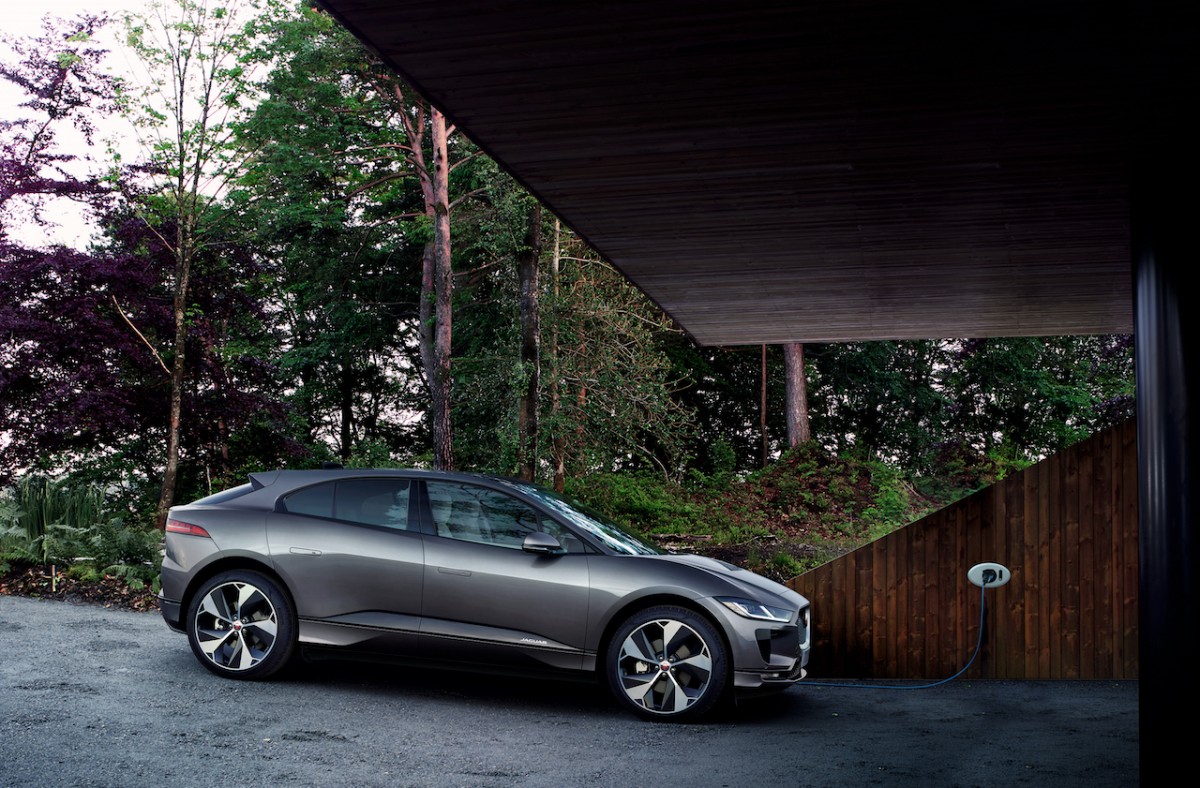Tata Motors could be planning to manufacture Jaguar Land Rover electric cars in India. According to reports, Tata Motors has signed an MoU with the Government of Tamil Nadu to set up an INR 9,000 Crore EV manufacturing plant. It is being said that the plant in Ranipet is likely to be used to produce Jaguar Land Rover (JLR) electric cars. JLR is a wholly owned subsidiary of Tata Motors Limited, part of Tata Sons.
Sources reveal that in the first phase, the production capacity is likely to be around 2 lakh units. Furthermore, the plant is likely to be used to manufacture Electrified Modular Architecture (EMA) architecture-based EVs. Also, the production volume is likely to be distributed between JLR and Tata Motors with the 75 : 25 ratio, respectively. The brand is also looking at the possibility to scale up in the future and most of JLRs volume is likely to be exported.
India as the Manufacturing Hub
Under the upcoming Free Trade Agreements with the UK, India is likely to produce EVs here and export them to Britain. This will make the Tamil Nadu plant a strategic manufacturing hub. It is also being said that Tata is also likely to move some of the production of JLR internal combustion engine vehicles to the upcoming plant. This will be in lieu of tightening norm and legislations restricting ICE vehicle production in Europe.
Furthermore, reports reveal that Tata has committed 1.5-lakh Crore investment for JLR including the transformation of Jaguar as an all-Electric brand by the end of the decade. By 2026, even Land Rover will have electric alternatives, reports suggests.
JLR Manufacturing Plants
Currently, Jaguar Land Rover has two design and engineering sites and three vehicle manufacturing facilities in the UK. The company also has an engine manufacturing centre, and a battery assembly centre in the UK. In addition to this, JLR also has vehicle plants in China, Brazil, India, Austria, and Slovakia. Also, the company has seven technology hubs across the globe.
Also Read: MG Motor India targets 520 touchpoints in 270 cities by end of FY2024-25



